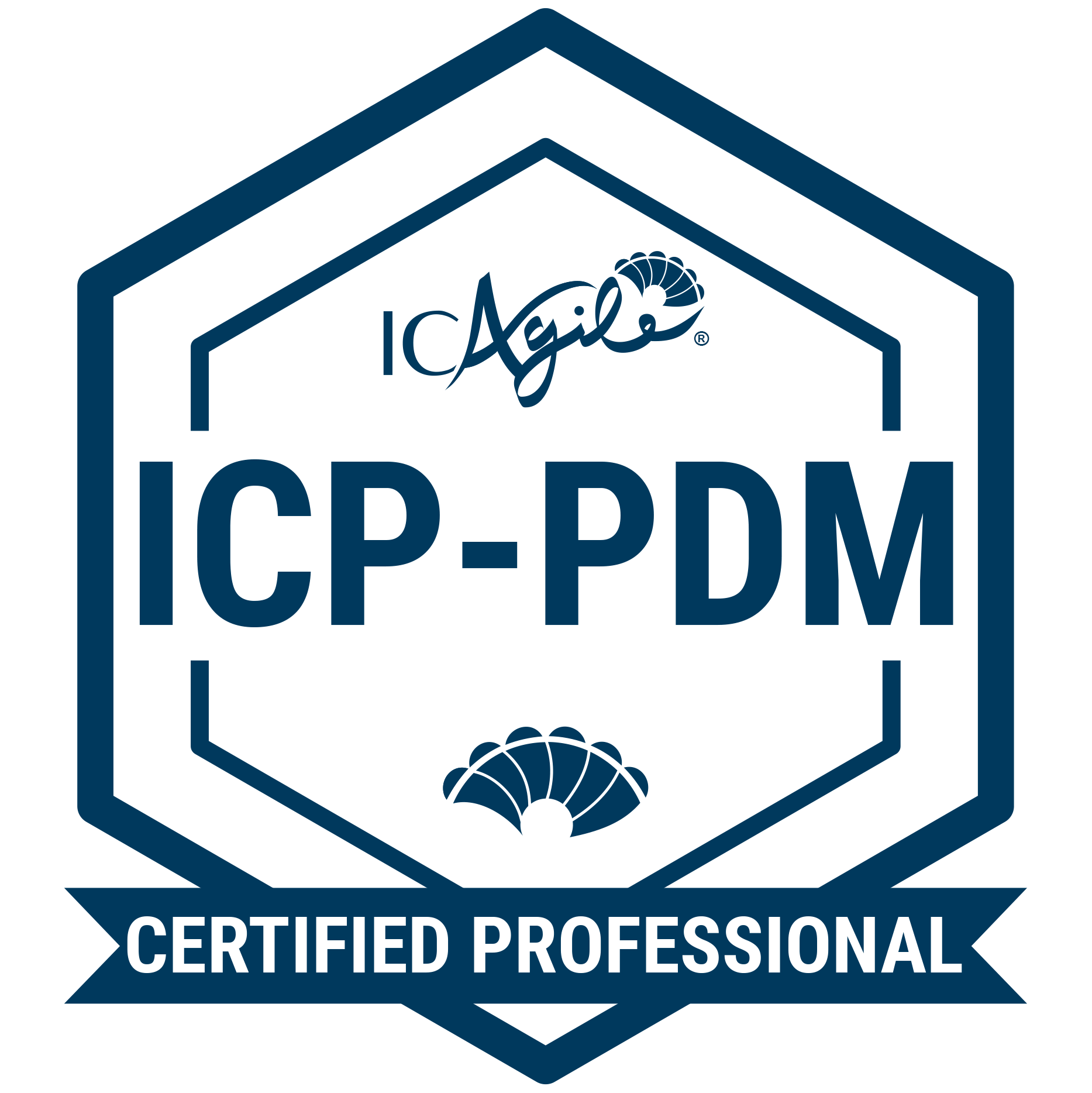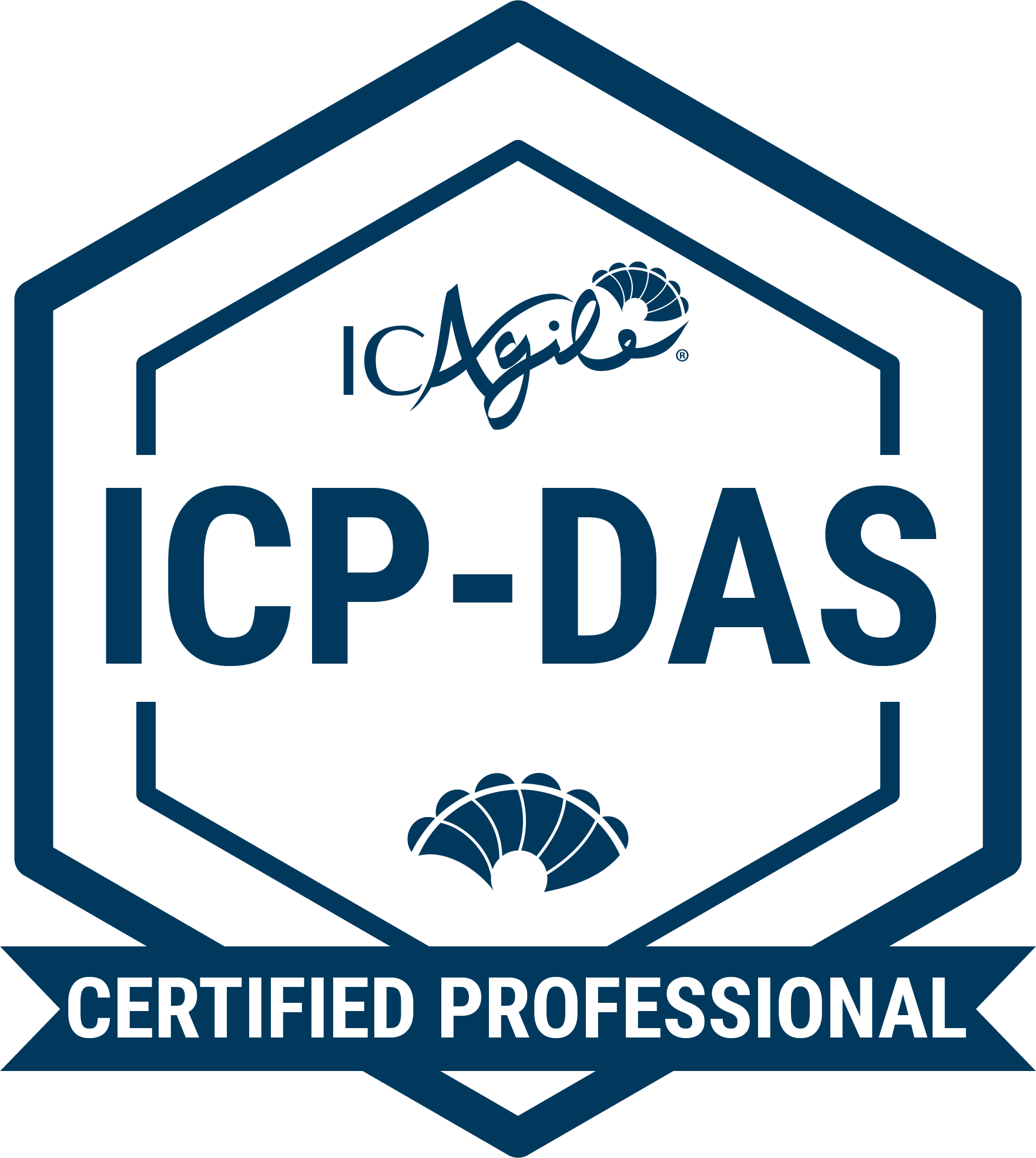In today’s fast-paced business environment, many organizations struggle to adapt to change and deliver value efficiently.
Traditional management practices often fall short, leaving teams feeling overwhelmed and disconnected from their goals.
This is where the need for an Agile Coach becomes critical.
Agile Coaches help organizations navigate the complexities of Agile transformation, fostering a culture of collaboration, continuous improvement, and responsiveness.
Without the guidance of an Agile Coach, teams may face challenges such as unclear roles, ineffective communication, and a lack of alignment on priorities.
An Agile Coach can empower teams to work more effectively and achieve better outcomes by introducing Agile methodologies and best practices.
Are you curious how an Agile Coach can make a difference in your organization?
Read our tutorial to discover the essential roles and responsibilities of an Agile Coach and learn how they can drive your Agile journey forward!
Who is an Agile Coach?
An Agile Coach is a project management expert who helps implement Agile practices across teams or organizations.
By aligning teams with Agile values and principles, Agile Coaches foster flexibility, transparency, and efficiency.
They achieve this by introducing Agile methodologies while promoting a cultural and mindset shift within the workplace.
What Does An Agile Coach Do?
An Agile Coach teaches, motivates, and guides individuals, teams, and organizations as they transform their work processes.
Typically, Agile Coaches will:
- Help teams and organizations create and implement their plans for adopting Agile, drawing on their experience.
- Offer training in specific Agile frameworks or adaptable Agile practices.
- Provide coaching for executives, managers, Scrum Masters, and team leaders.
- Foster a culture of continuous improvement and collaboration.
- Work with leadership to develop a roadmap for maintaining agility as the organization grows.
They are essential in helping teams and leaders grasp Agile values and principles, apply them effectively, and evolve their practices to better adapt to changing requirements and market dynamics.

Unlock your potential as an Agile Coach with the ICP-ACC Certification Training! Learn to guide teams, foster collaboration, and drive Agile success. Enroll today!
Enroll Now!What are the Roles and Responsibilities of an Agile Coach?
As organizations aim to become more adaptable and responsive to changing environments, the need for individuals with Agile coaching expertise is growing. An Agile coach is a change agent, offering training, mentorship, and guidance. While the daily tasks of an Agile coach vary depending on the specific situation, there are core responsibilities that remain consistent.
Now, let's discuss the responsibilities of an Agile Coach.
1. Facilitates Agile Adoption and Transformation
Agile coaches are key to helping organizations navigate the complexities of adopting Agile methodologies. They guide teams in reshaping traditional practices within the Agile framework, ensuring that the transformation aligns with the organization’s goals and delivers lasting impact.
2. Boosts Team Collaboration and Self-Management
By coaching teams in Agile practices, coaches enhance collaboration and drive innovation. Agile coaches empower teams to become self-managed, leading to faster decision-making and quicker delivery of high-quality products and services.
3. Fosters a Culture of Continuous Improvement
Agile coaches instill a mindset of ongoing learning and adaptation. They encourage teams to regularly assess their processes and interactions, identify improvement opportunities, and make incremental changes. This continuous improvement culture leads to better products, streamlined operations, and more motivated teams.
4. Improves Communication and Collaboration
Agile coaches break down barriers within organizations by promoting open communication and cross-functional collaboration. They work to align teams, fostering an environment where all members contribute effectively toward shared goals, reducing the reliance on rigid protocols and plans.
5. Guides Organizational Change
Agile coaches play a vital role in managing organizational change. They help teams and stakeholders understand and embrace Agile principles, overcoming resistance and hesitancy. Coaches use strong communication and empathy to guide individuals through the challenges of adopting new ways of working, especially at the leadership level.
6. Cultivates Agile Leadership
In addition to coaching teams, Agile coaches mentor leaders to adopt Agile principles in their leadership style. This leadership development is crucial for sustaining Agile transformation throughout the organization, ensuring agility becomes part of the culture at every level.





























































































